Normal Governance and Civics Worksheets for Ages 6-8 - Page 2
41 filtered results
-
From - To
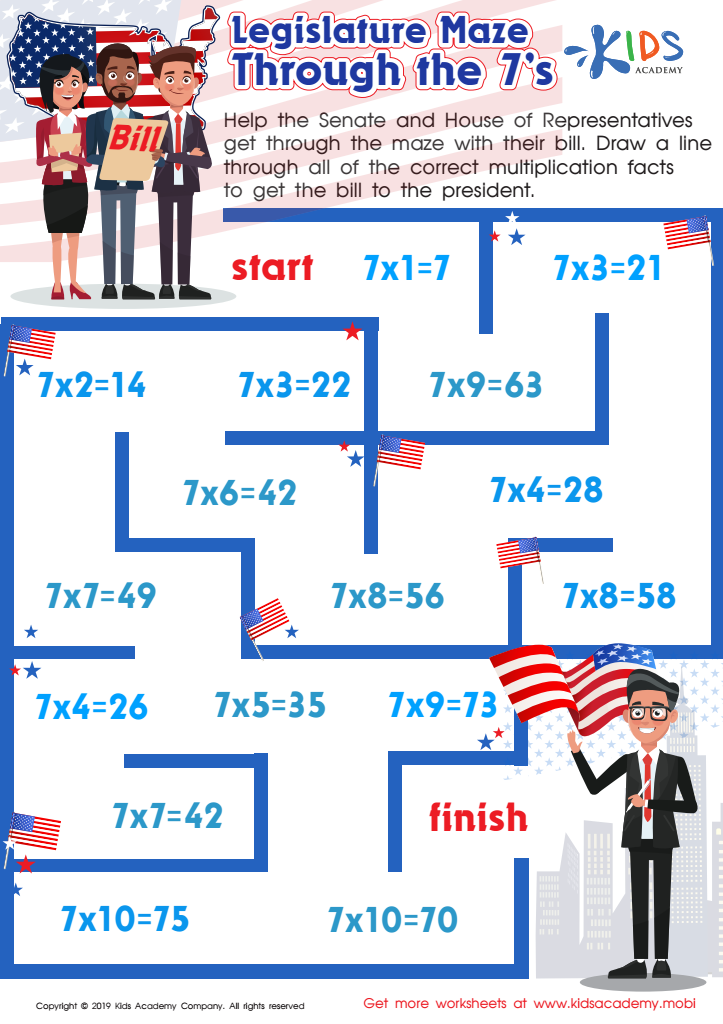

Legislature Maze Through the 7’s Worksheet
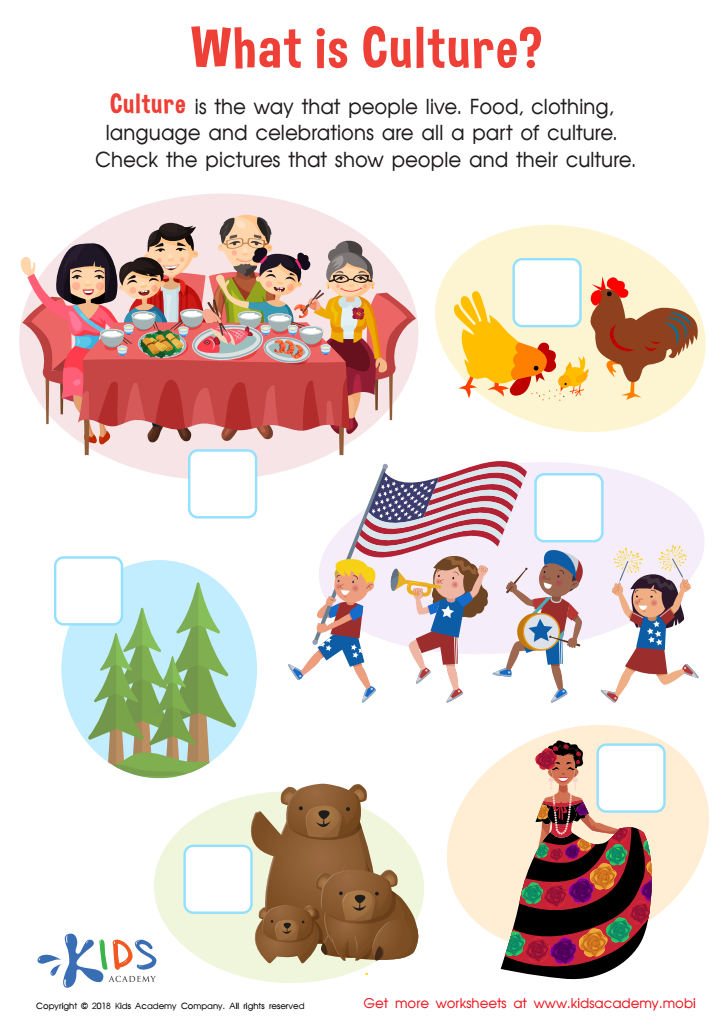

What Is Culture? Worksheet
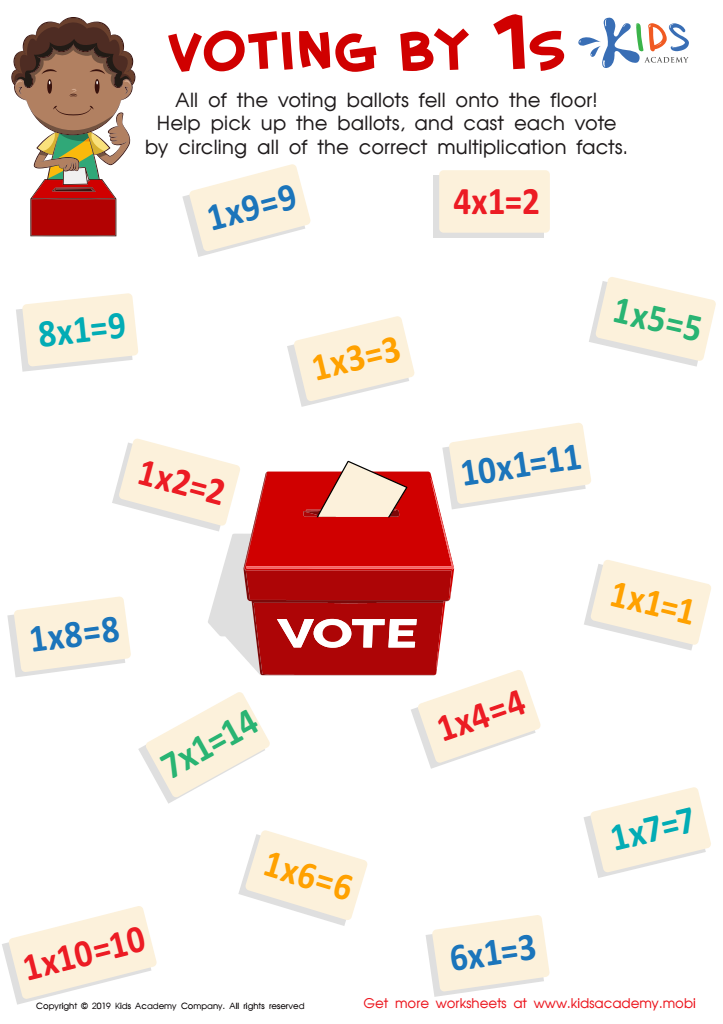

Voting by 1s Worksheet
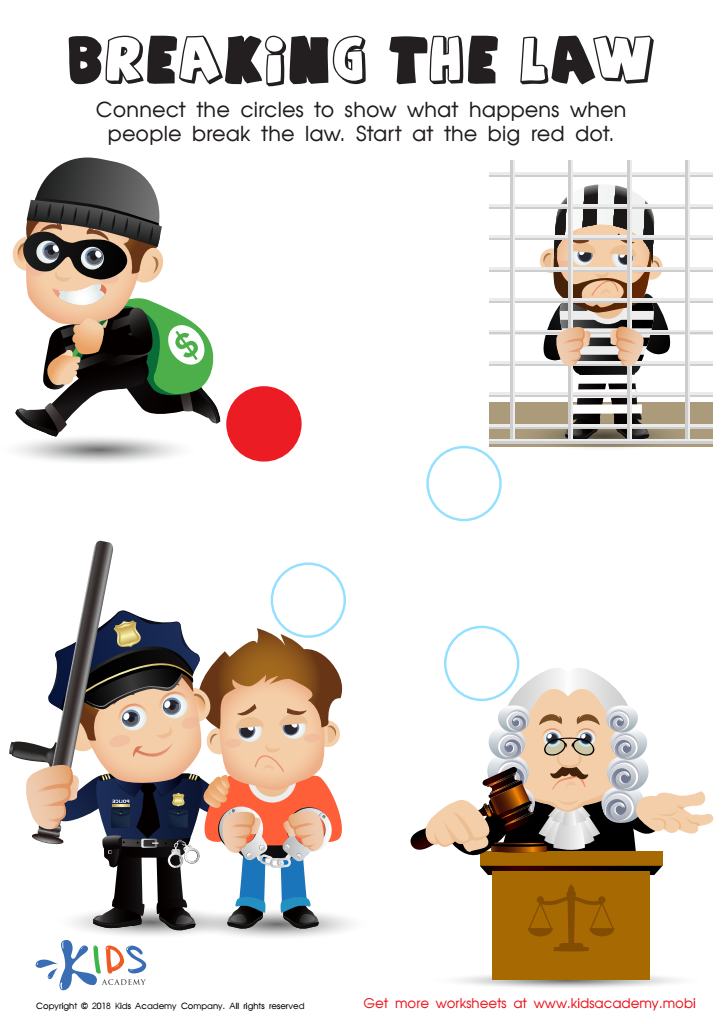

Breaking the Law Worksheet


Election Day Worksheet
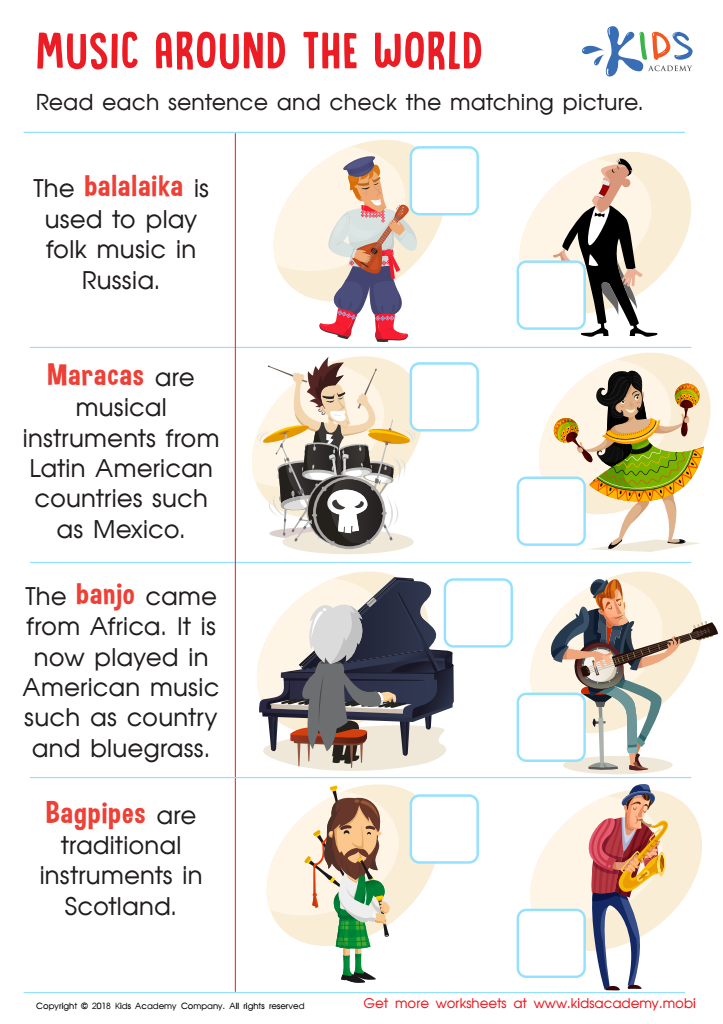

Music Around the World Worksheet


Chinese Word Tracing: Ni Hao Worksheet


Declaration of Independence Word Search Printable
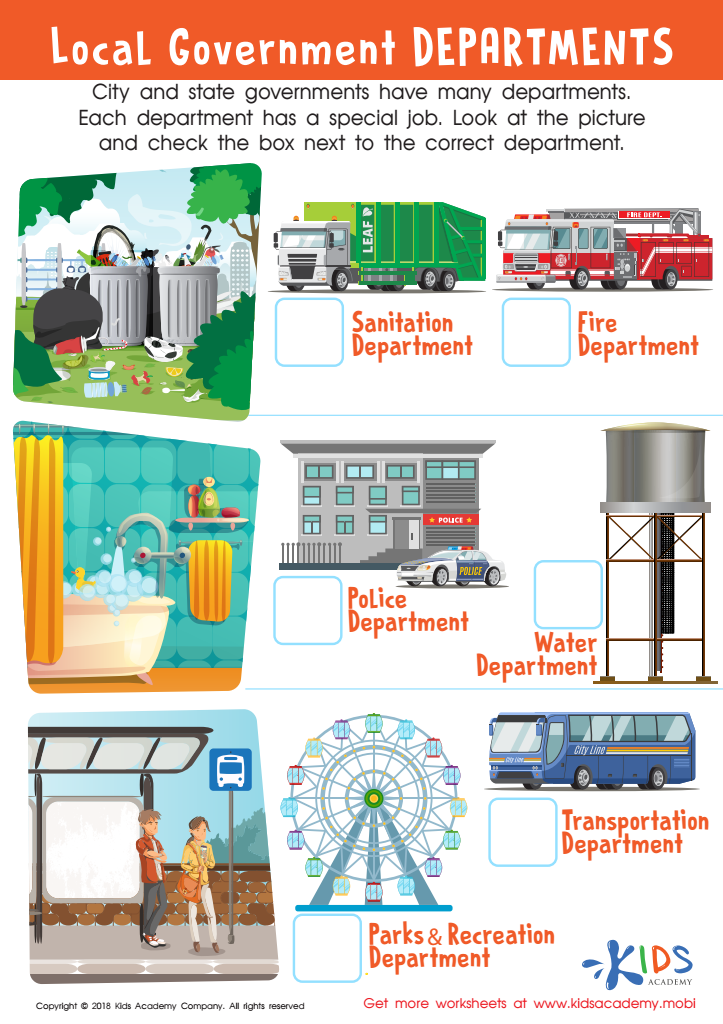

Local Government Departments Worksheet
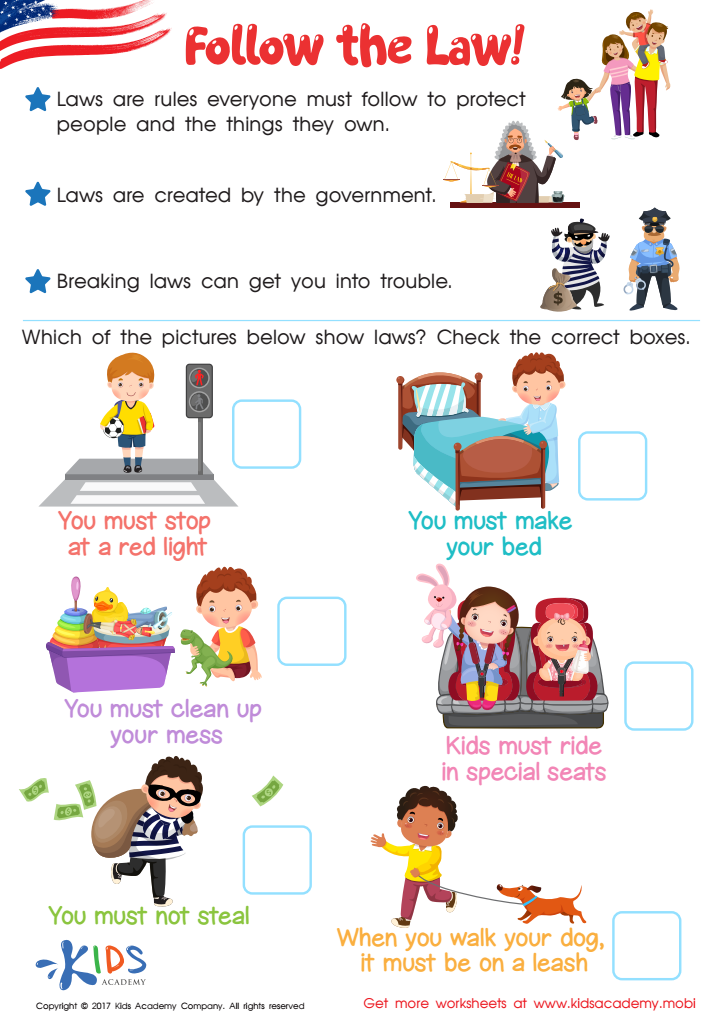

Follow the Law Worksheet
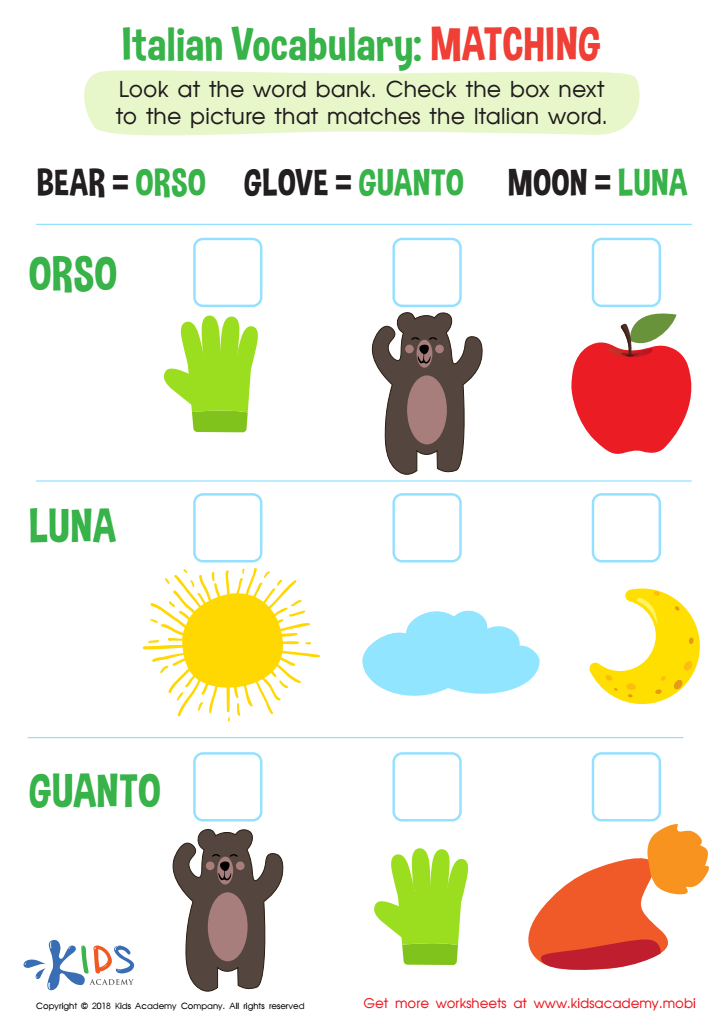

Italian Vocabulary Matching Worksheet
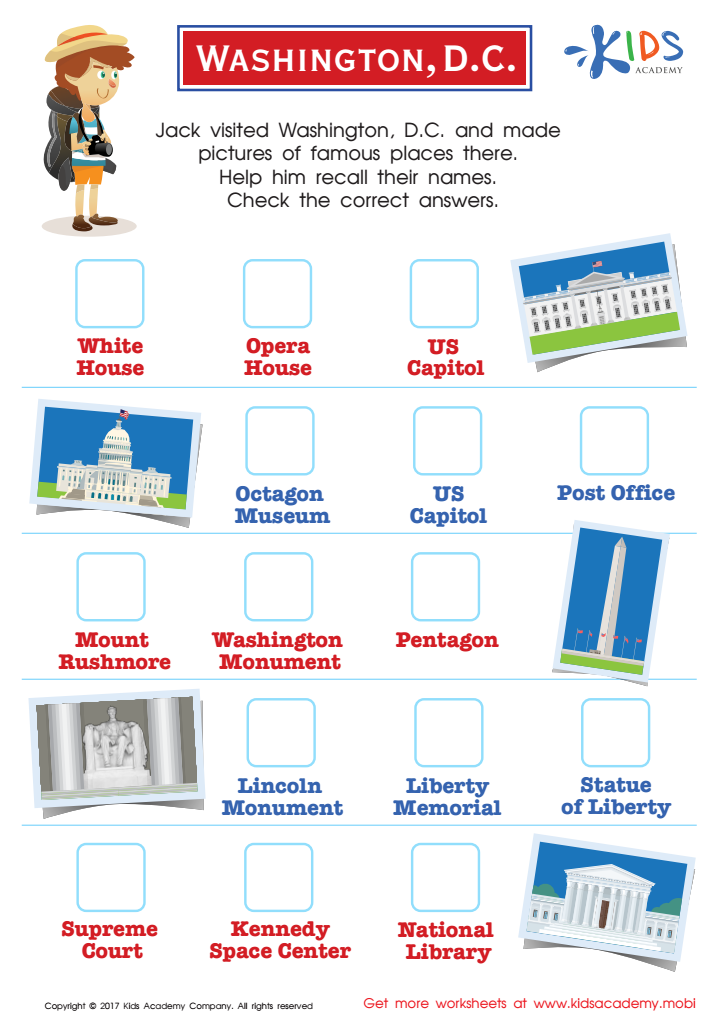

Washington D.C. Printable Worksheet
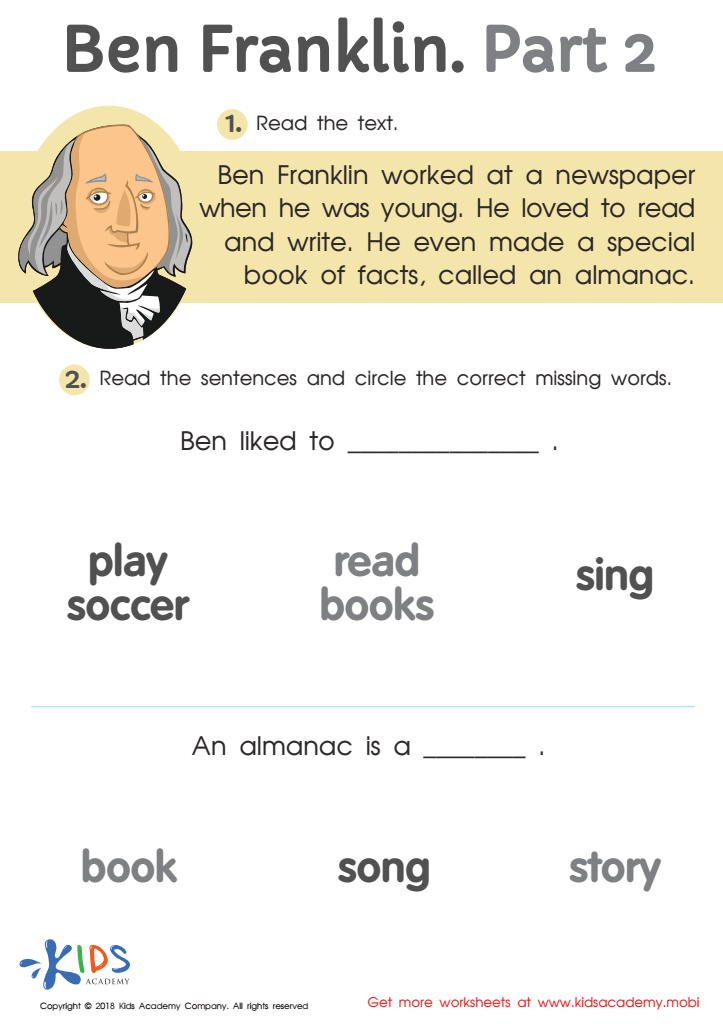

Ben Franklin Part 2 Worksheet
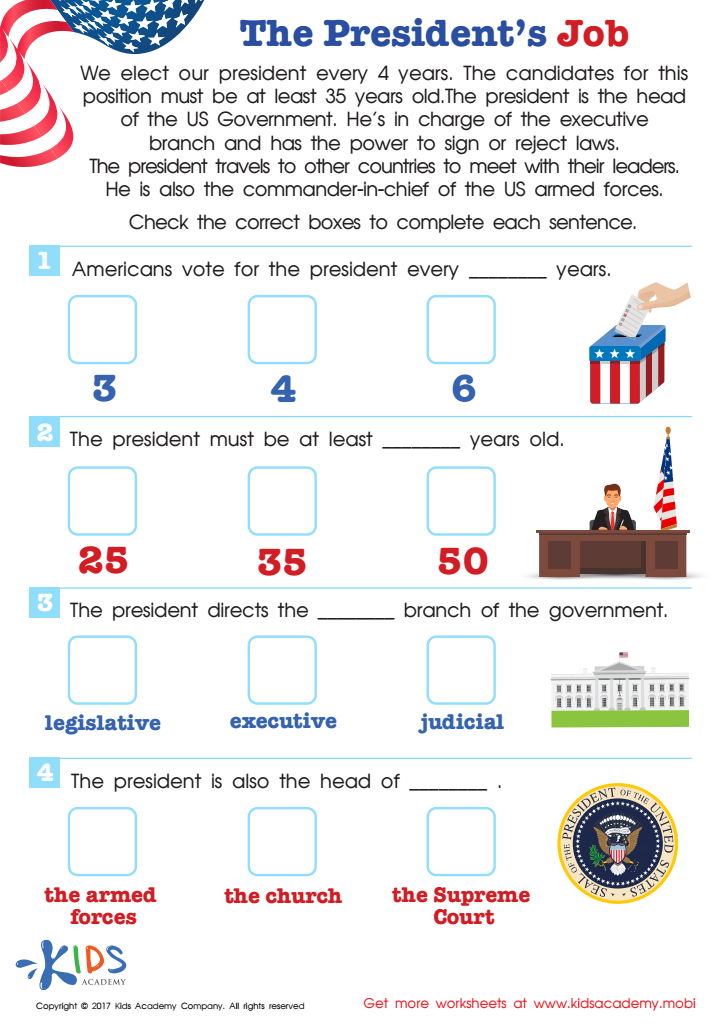

President of the USA Job Description Worksheet
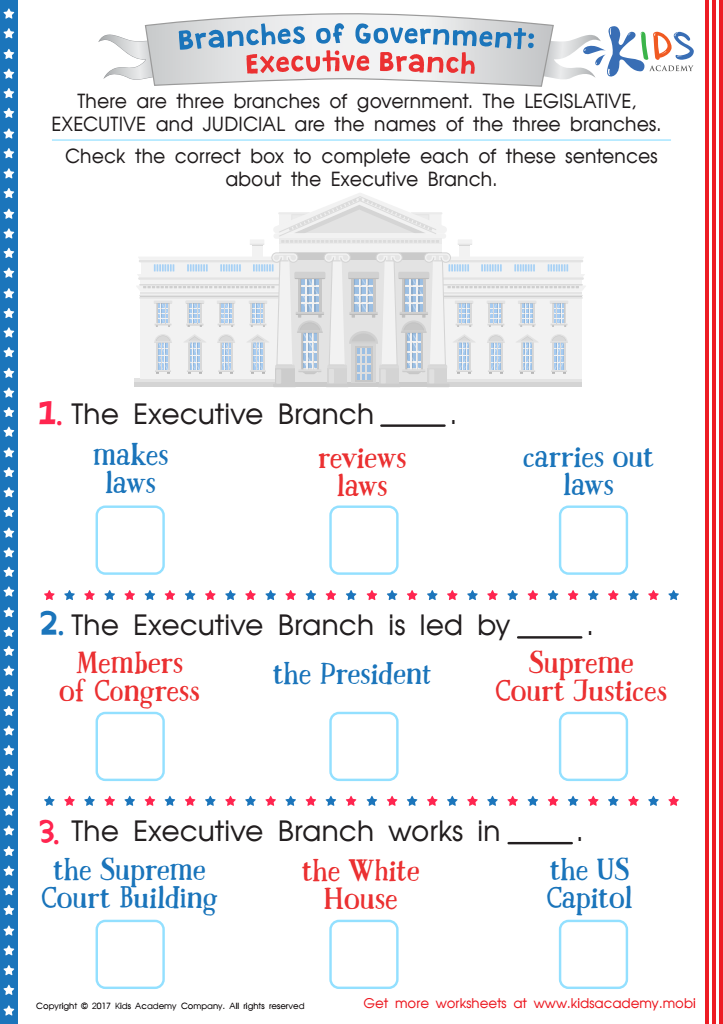

Branches of the Government: Executive Branch Printable
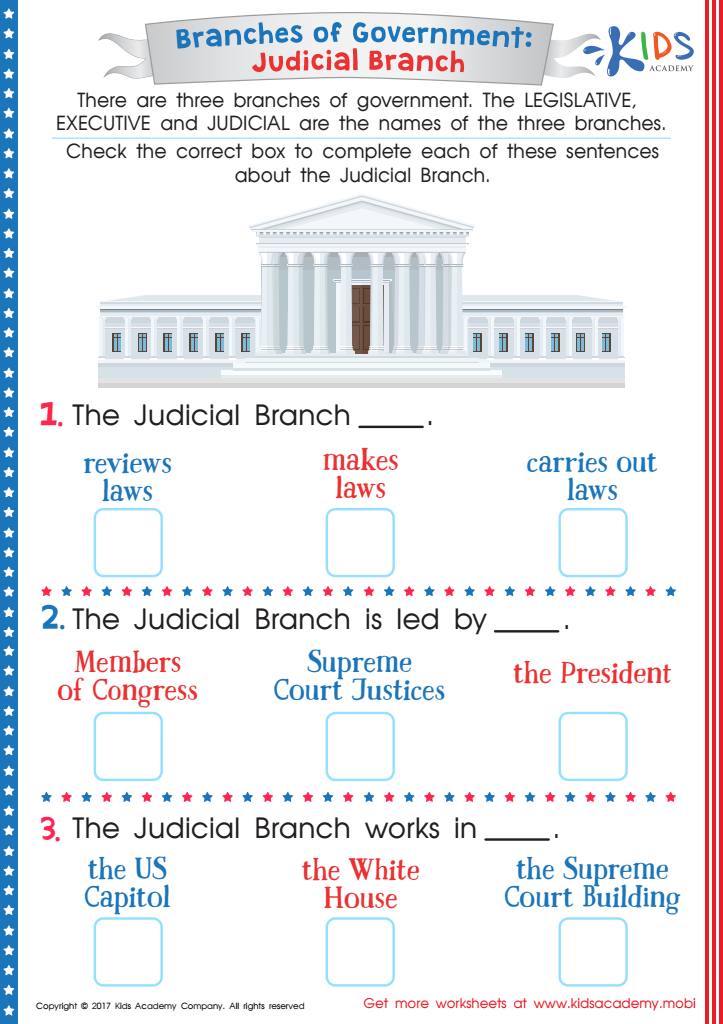

Braches of the Government: Judicial Branch Worksheet
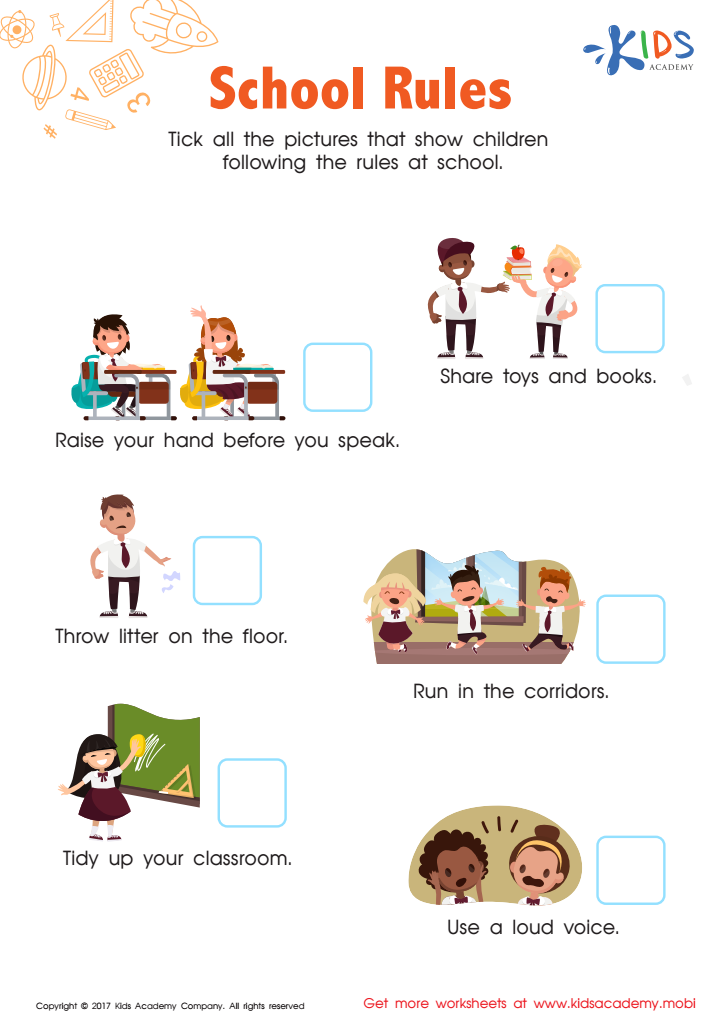

School Rules Worksheet
Normal Governance and Civics education for children aged 6-8 lays the foundation for responsible citizenship and community involvement. At this young age, children start to develop social awareness and an understanding of their role within a community. Teaching them about governance helps to empower them to recognize that they can influence their surroundings and make a difference.
Introducing basic civic concepts, such as the importance of rules and responsibilities, fosters an understanding of fairness, respect, and cooperation. It also teaches children how to express their opinions in a constructive manner and to appreciate diverse viewpoints. Such skills are essential as they grow older and engage with various social and political structures.
Moreover, civics education encourages emotional intelligence as children learn about empathy and helping others. This nurturing of values can contribute to creating a more compassionate society. In a rapidly changing world, understanding how governance functions prepares children for future engagement with democratic processes.
Parents and teachers should prioritize this education to instill early habits of citizenship and active participation, shaping the next generation of informed and engaged citizens. Overall, it’s about building a foundation that promotes social responsibility and community involvement from a young age.
 Assign to My Students
Assign to My Students
















